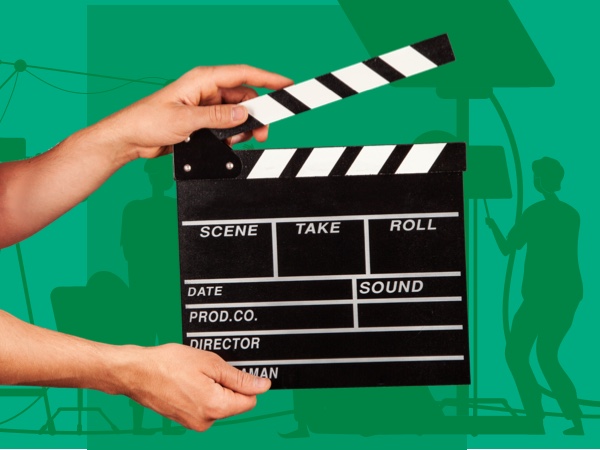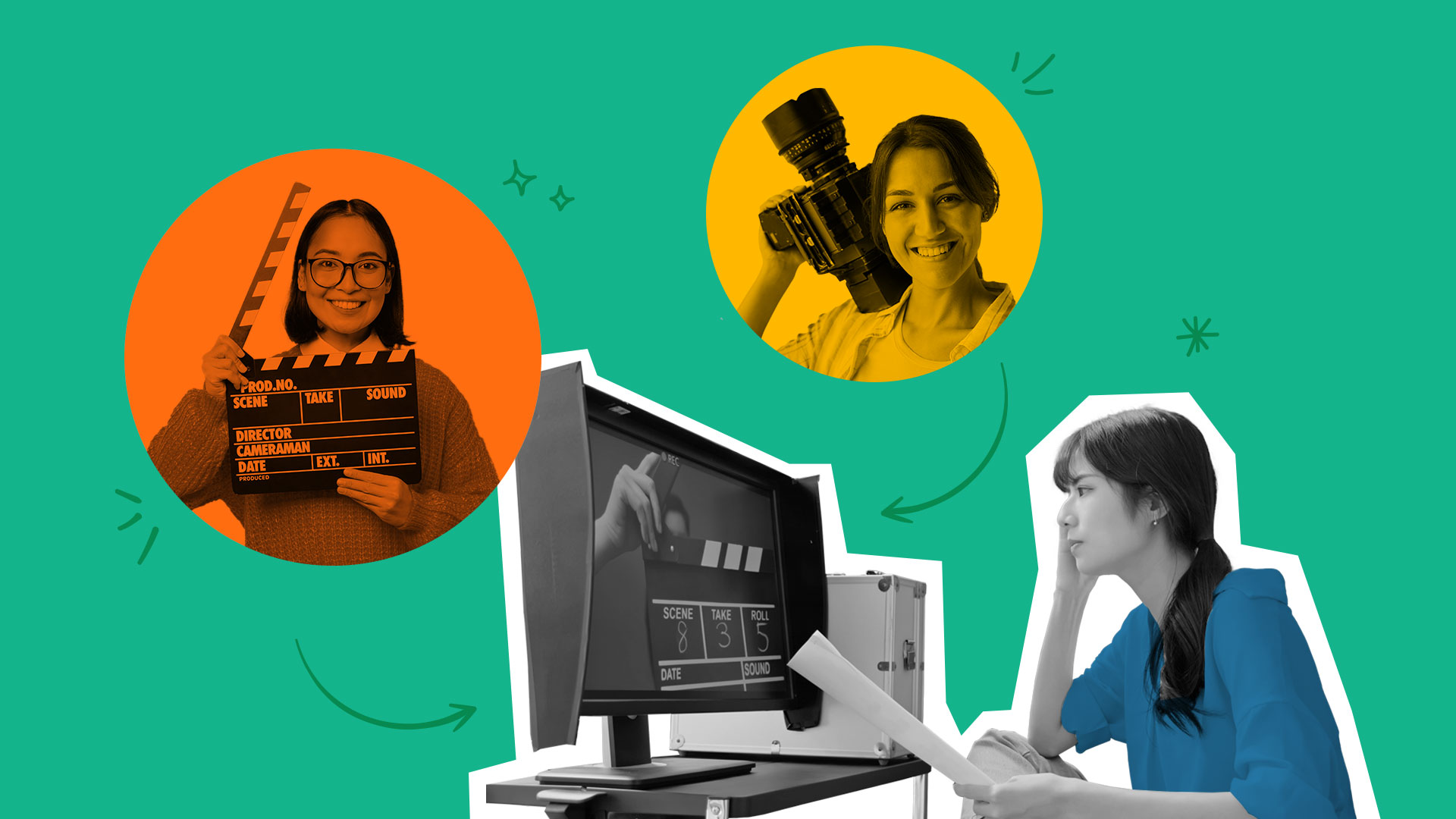Establishing Shots #2: Emily Geraghty
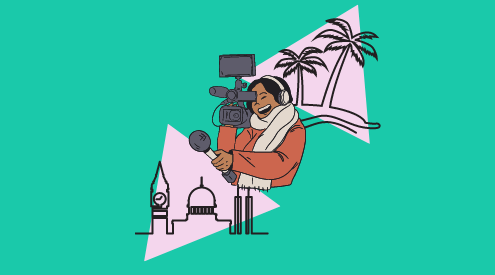
Welcome to Establishing Shots, an interview series where we turn a spotlight towards the diverse talent that comprise QuickFrame’s Maker Community, emphasizing the personality and artistry behind some of our top video content makers.
Today, we’re talking with Emily Geraghty, owner and operator of Geraghty Creative and a member of QuickFrame’s Maker Community.
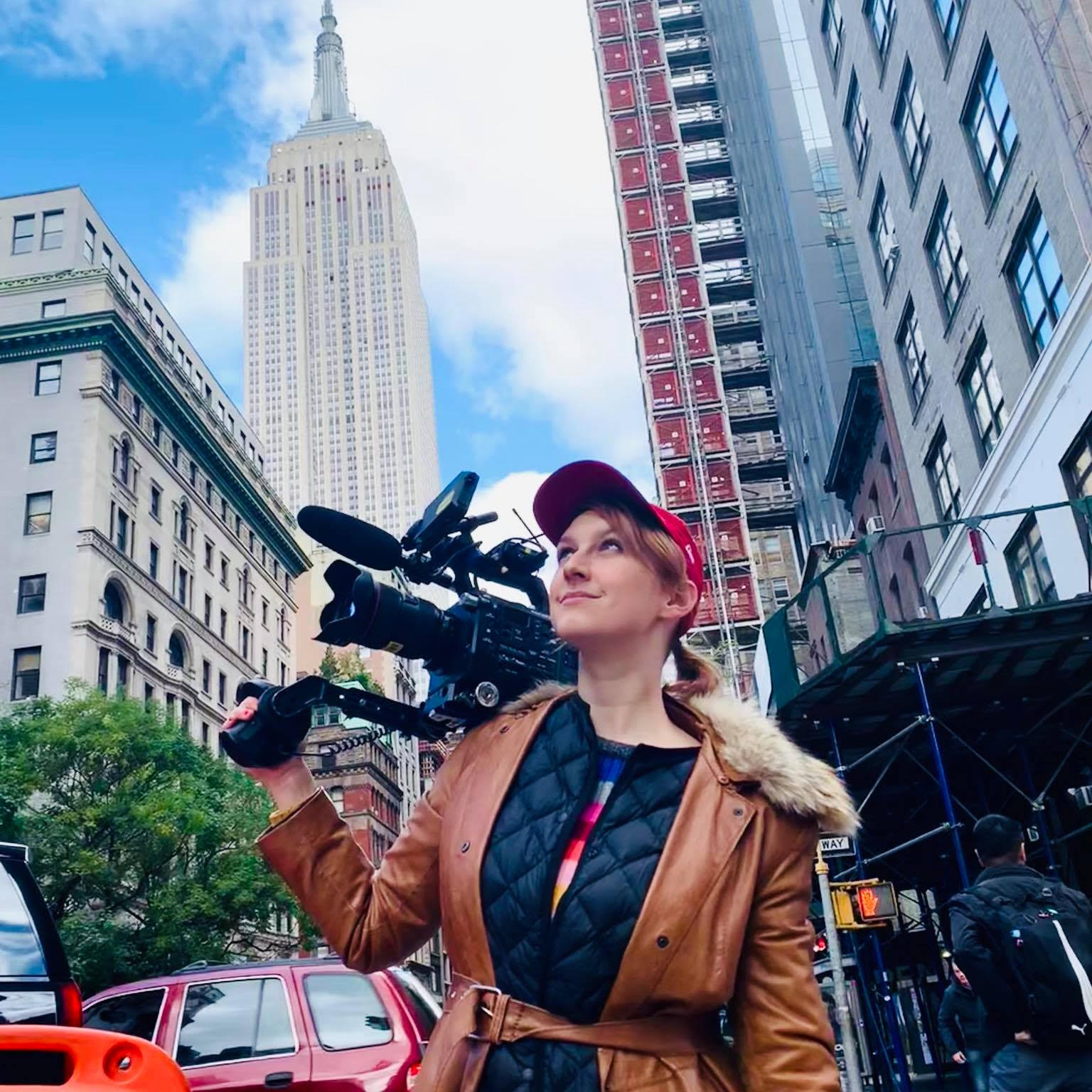
Tell us a little about yourself!
I’m Emily! I grew up in St. Louis, Missouri and have been living in New York City for nine years now. I own and operate my video production company, Geraghty Creative, a name I chose before realizing no one can pronounce my last name. It’s Gare-uh-tee, and it’s Irish. Outside of photo & video, I’m into DIY interior design and hanging out with my cat, Freckles.
Learn More: Social Media Video Ad Specs & Placements Guide
Where did your journey as a content maker (or videographer, editor, etc.) begin?
When I was a kid, my dad would film with a VHS camera and I would direct and star in movies with my two siblings and fifteen cousins. When I was old enough to hold the camera myself, then I was director/DP.
When I was a teenager, I babysat some neighborhood kids – they’d act in little short films that we wrote together and I’d shoot with a digital camera. When I got off work, I would edit the videos in Windows Movie Maker, and then run a DVD copy back to their house. Making videos is just a thing I’ve always done.
What piqued your interest in the industry?
I visited New York City when I was 17 and knew I wanted to live here. A family friend put the idea in my head that I should be an MTV intern. The idea really stuck with me. I was a goof-off in high school but took college really seriously, because that was my ticket to New York!
I interned at Viacom’s LGBTQ channel, Logo – former home of my favorite TV show, RuPaul’s Drag Race. I hadn’t edited video in awhile, or ever on professional software, but Logo had video editing work that needed to be done, so I became an editor. I loved it. I hadn’t thought of being a professional editor, but then I knew a career as an editor was a goal I could reasonably achieve after graduation. As I got better at editing, I wanted to make my own stuff, and it just snowballed from there.
Credit: Geraghty Creative
Do you think there are any benefits with being a woman in the video industry?
Too many to name. I’ve focused on making content for women for most of my career. Before I started working for myself, I was creating YouTube videos for Conde Nast’s femme brands like Glamour, Allure and Teen Vogue. I loved it because I was making content that I was the demographic for. I know the audience intimately because I’m a part of the audience, and that informs my ideas and visual style.
At Conde Nast I got to work on fashion and beauty videos, but also be an in-the-field video journalist. I think it might have been tougher to rise up the ranks into a role with that level of creative freedom at a publication like The Wall Street Journal or Bon Appetit. I’m a superfemme, what can I say?
Do you think there are any complications that arise from being a woman in the video industry? How have you overcome them?
A big complication is that I am 5 foot 4 with a small frame and my gear backpack alone is 35 pounds, then I’ve got tripods, lights…it’s a lot of heavy stuff to carry. I have overcome that by moving into an office with a freight elevator and buying a hand truck.
In all seriousness – I think there are a lot of reasons that there is a male majority in directing, in the camera department, and in post production. When I’m on set directing, I have to be a strong leader. I have to make choices, feel confident about them, and not worry too much about what everyone else thinks. Not worrying what anyone thinks is the antithesis of how women and girls are taught to act. I know from experience that it can be tough to act with authority when you’re worried that people might perceive you as pushy, blunt, cocky. It is a muscle I have had to exercise.
Post production is really a tech job, and a camera operator is both tech and manual labor. These are not areas that a ton of women naturally gravitate to or industries where women are welcomed with open arms. But camera and post are both critical tools in filmmaking, whether it’s a feature film or an advertisement or a YouTube video. Video is not only a lucrative industry that is expanding faster than ever before, but a massive influence on culture and a limitless art form. I think it’s a huge problem that some numbers estimate less than a quarter of cam ops and video editors are women, which is why it’s important to me to provide opportunities to other women through my production company.
I wish I could go back and tell myself when I was an 18-year-old film student, “don’t let him push you into being the production manager.” That’s just how I feel, don’t @ me.
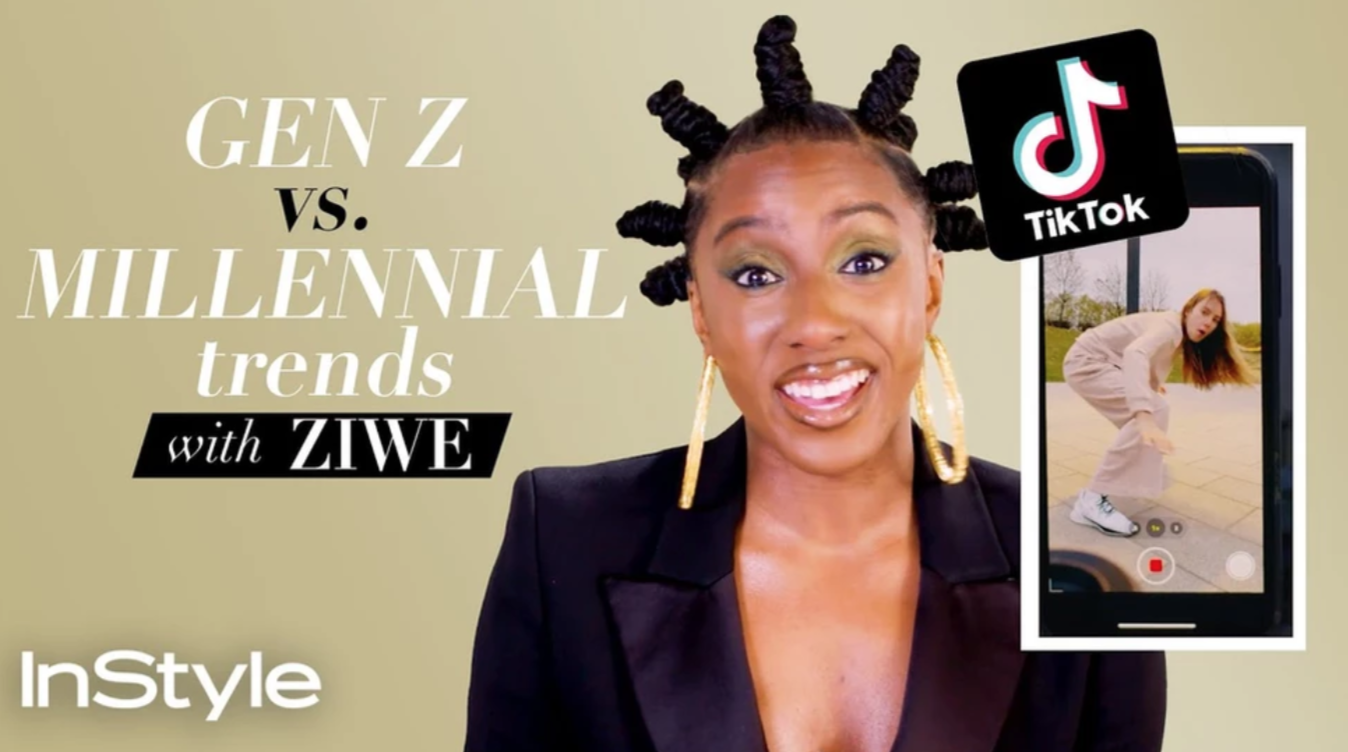
Credit: Geraghty Creative
Is there anyone that has been especially inspirational to you?
My dad literally inspired me to be a filmmaker. He filmed my silly videos when I was a kid, and he said “you should study film,” so I did. He is a civil engineer and a self-described non-creative, so it’s kind of funny that he is my inspiration.
If I start naming inspirational women I’ve met throughout my career, I’ll definitely forget someone important – but there are a lot.
For any non advertising work you do (narrative, documentary, music video, etc) where do you draw inspiration?
I am inspired by New York City, where every three feet there is some sort of story or unexpected dialogue happening. I love a good memoir piece like The New York Times’ Modern Love column, or a David Sedaris book of essays – something that takes a mundane or typical moment in someone’s life and turns it into something much more complex than you’d originally thought.
I’m not much of a cinephile, sometimes watching movies and TV is so inspiring to me that I just end up feeling too hyped up about what I could make, so it’s not a great way for me to unwind. I’m lucky to have a lot of friends who are fabulously talented makers, and I’m inspired by their work, always.
What advice would you give to a videographer, producer, writer, or anyone else who wants to follow a similar path as you?
Don’t wait for someone to give you permission to create. Don’t set your expectations so high for yourself that you’re afraid to fail. Make art just because you can. Don’t let the older boys scare you. Learn how to edit. Everyone is bad when they first start. Invest in a hand truck.
Want to learn tips and tricks on creating video content straight from the Collective? Check out a these entries in our Maker Corner series:
Do More with Video
Learn how we can help you produce more quality videos affordably and at scale.
